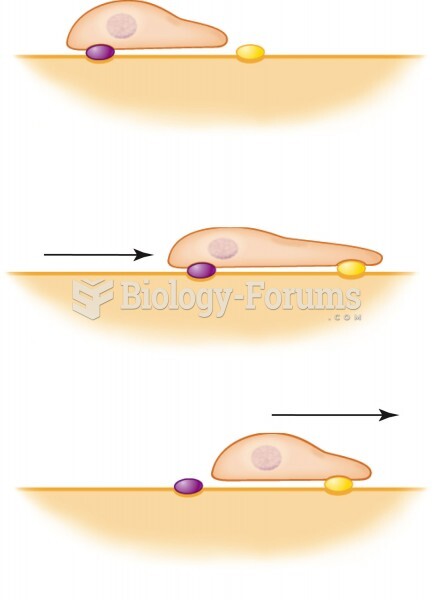Answer to Question 1
Correct Answer: 1
Rationale 1: Stem cells are located in the bone marrow. They can differentiate into several cell lines, depending on the body's requirements.
Rationale 2: Making a query to get more information is a good technique to clarify a client's question if the question itself is unclear. In this case, the client heard what the doctor said but did not understand it.
Rationale 3: It is true that bone marrow depression is common with chemotherapy, but the statement does not answer the client's question.
Rationale 4: Information about the client's complete blood count does not answer the client's question about stem cells.
Global Rationale: Stem cells are located in the bone marrow. They can differentiate into several cell lines, depending on the body's requirements. Making a query to get more information is a good technique to clarify a client's question if the question itself is unclear. In this case, the client heard what the doctor said but did not understand it. It is true that bone marrow depression is common with chemotherapy, but the statement does not answer the client's question. Information about the client's complete blood count does not answer the client's question about stem cells.
Answer to Question 2
Correct Answer: 2,3
Rationale 1: Increased urine output is not associated with drug-induced hepatitis.
Rationale 2: Clay-colored stools are indicative of liver changes.
Rationale 3: Itchy skin can be associated with hepatitis.
Rationale 4: Intermittent claudication is not associated with hepatitis.
Rationale 5: Increased thirst is not associated with hepatitis.
Global Rationale: Clay-colored stools are indicative of liver changes. Itchy skin can be associated with hepatitis. Increased urine output, intermittent claudication, and increased thirst are not associated with drug-induced hepatitis.







